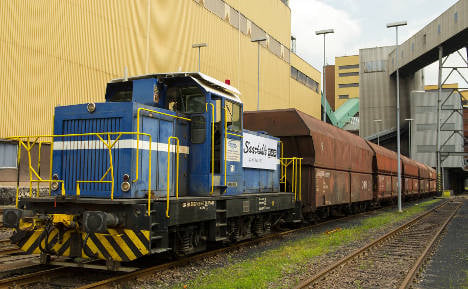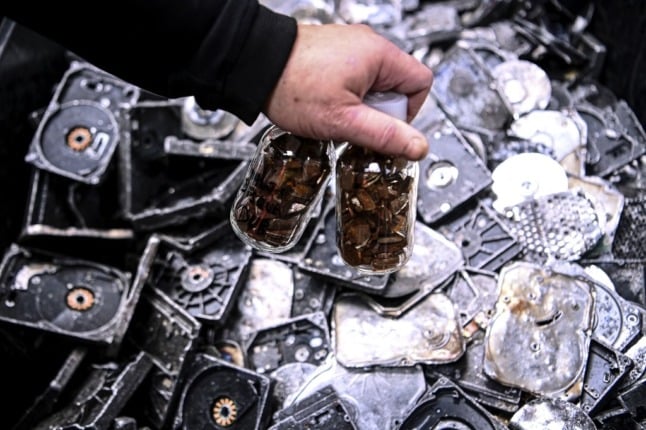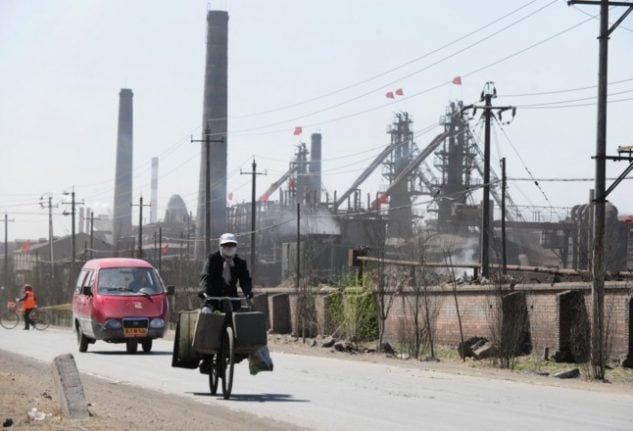The last ten wagons of around 1,000 tonnes of coal trundled out of the Duhamel shaft, marking the end of a 250-year history of mining in the region.
Mine director Friedrich Breinig spoke of a, “cesura of an epochal time.”
“There is hardly a family on the Saar River which never had anyone working in a mine,” he said according to the Saarbrücker Zeitung newspaper.
Miners will continue to work at the mine until the middle of next year – filling it with concrete. Some will then move to the North Rhine-Westphalian town of Ibbenbüren and work in mining there where it is expected to continue until 2018.
Of the nearly 5,000 workers, around 450 have already moved there – and will be joined by a further 1,350 by mid-2013.
He said mining had been the impulse for the economic and social development of the region and that in the last 250 years around 1.5 billion tonnes had been excavated.
The closure was described by Left party state parliamentary leader Oskar Lafontaine as a “major mistake”. He said a centuries-old tradition was being ended without a watertight policy in place to replace what was being lost to energy generation. He said energy producers and other industries in the region were being endangered.
Yet it was greeted by national head of the Green party Cem Özdemir as symbolic of the end of centralised energy supply. He said the future lay in renewable energy sources as well as intelligent network and storage ideas.
DAPD/The Local/hc




 Please whitelist us to continue reading.
Please whitelist us to continue reading.
Member comments